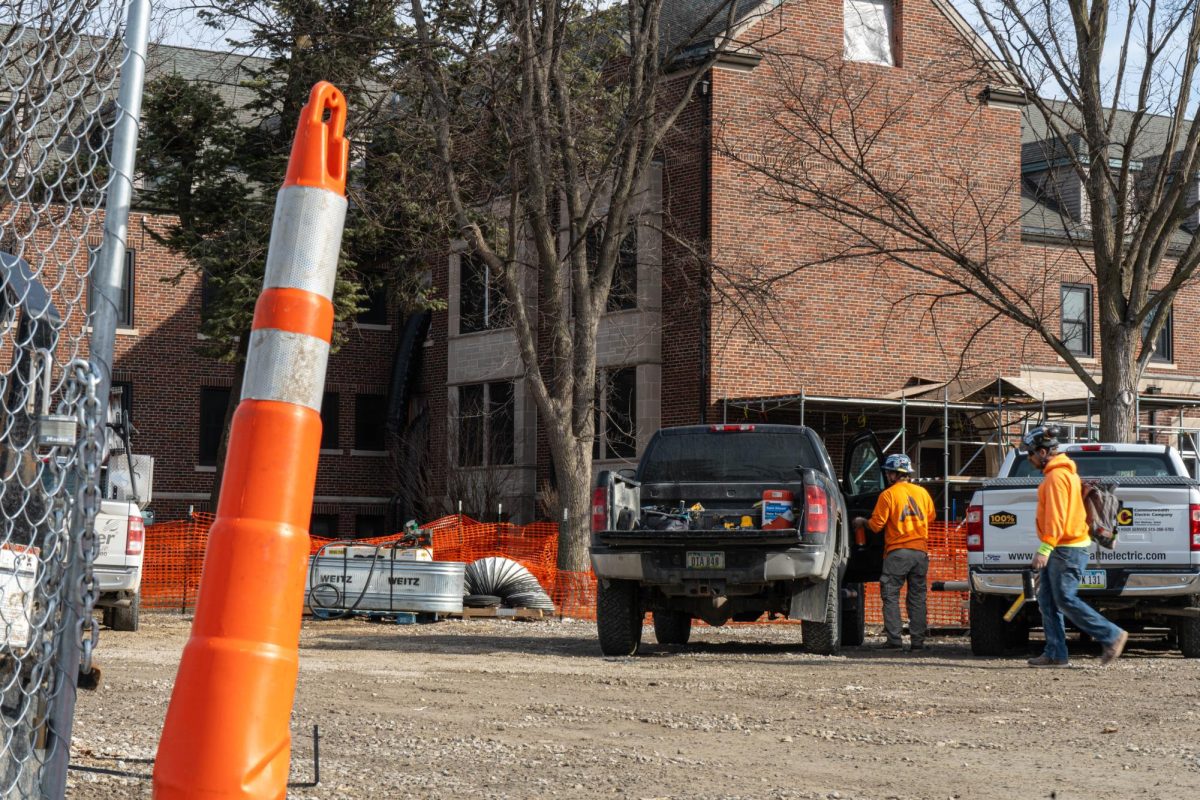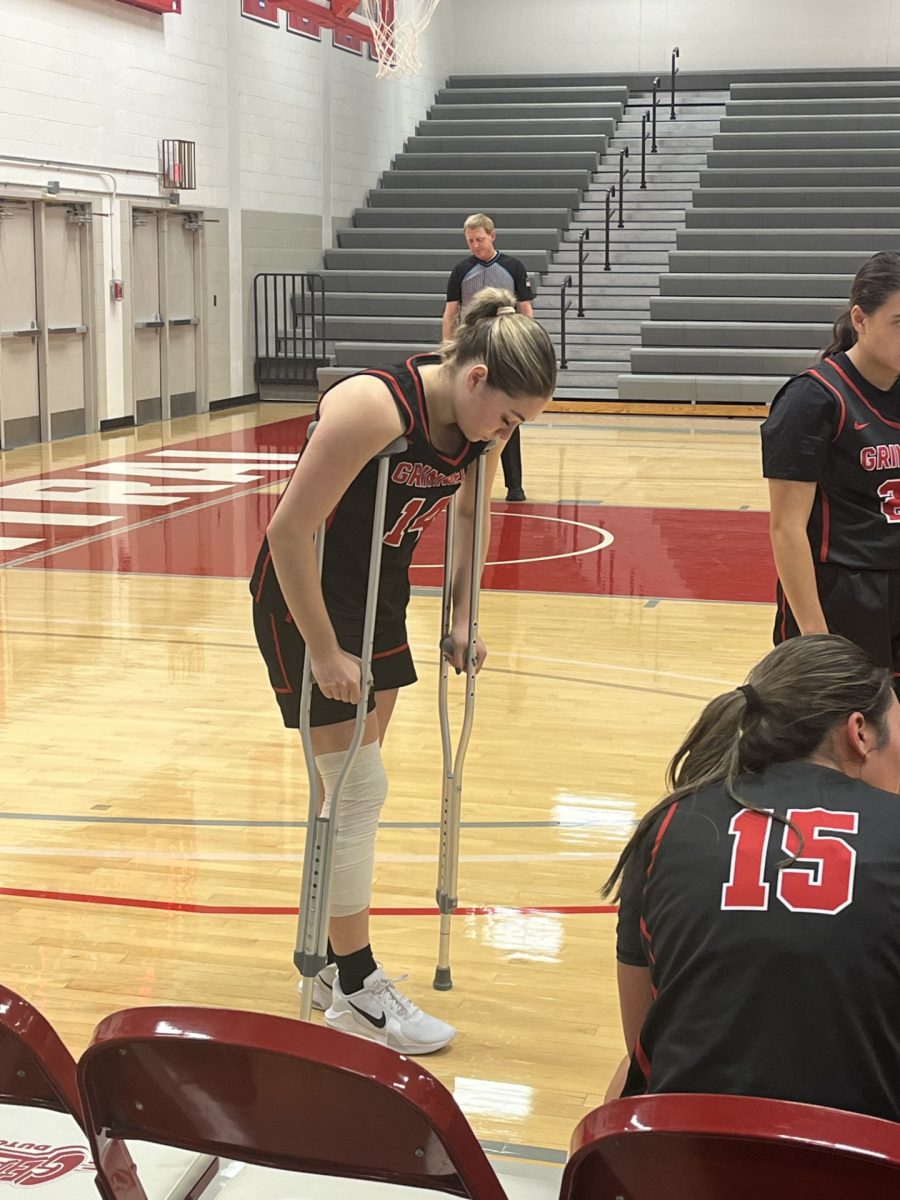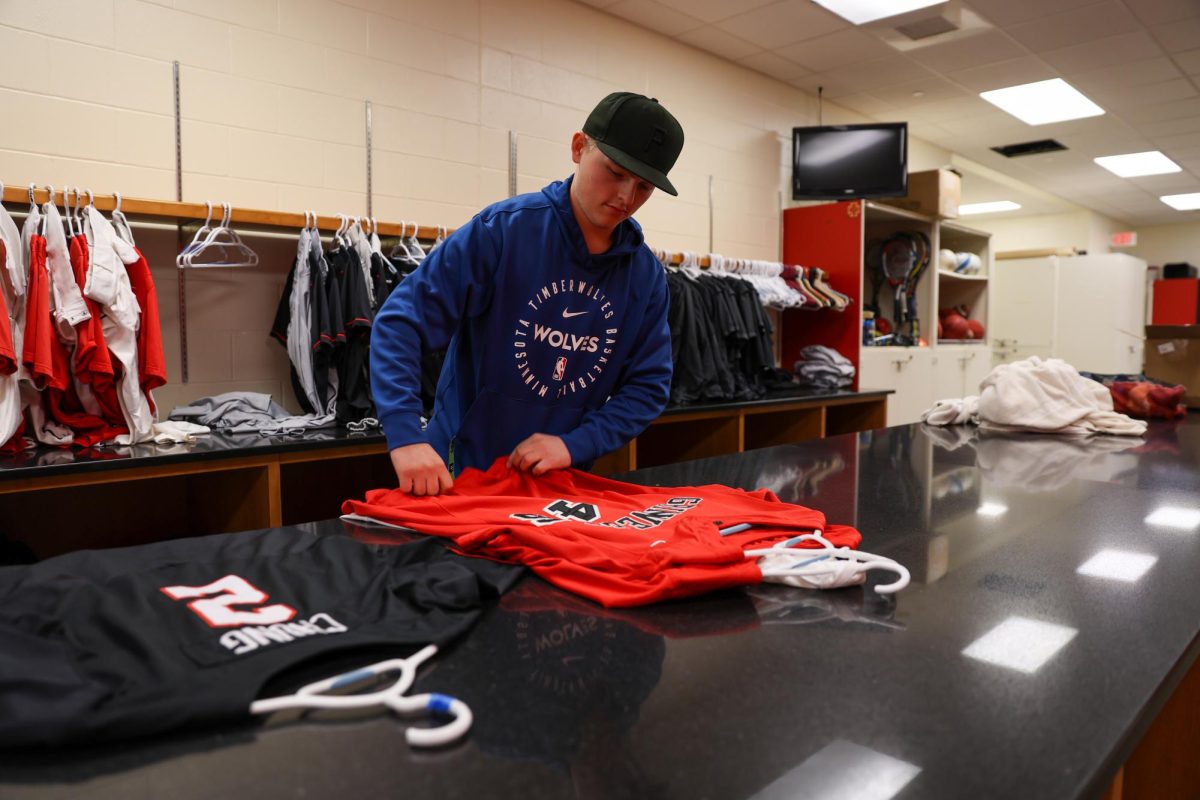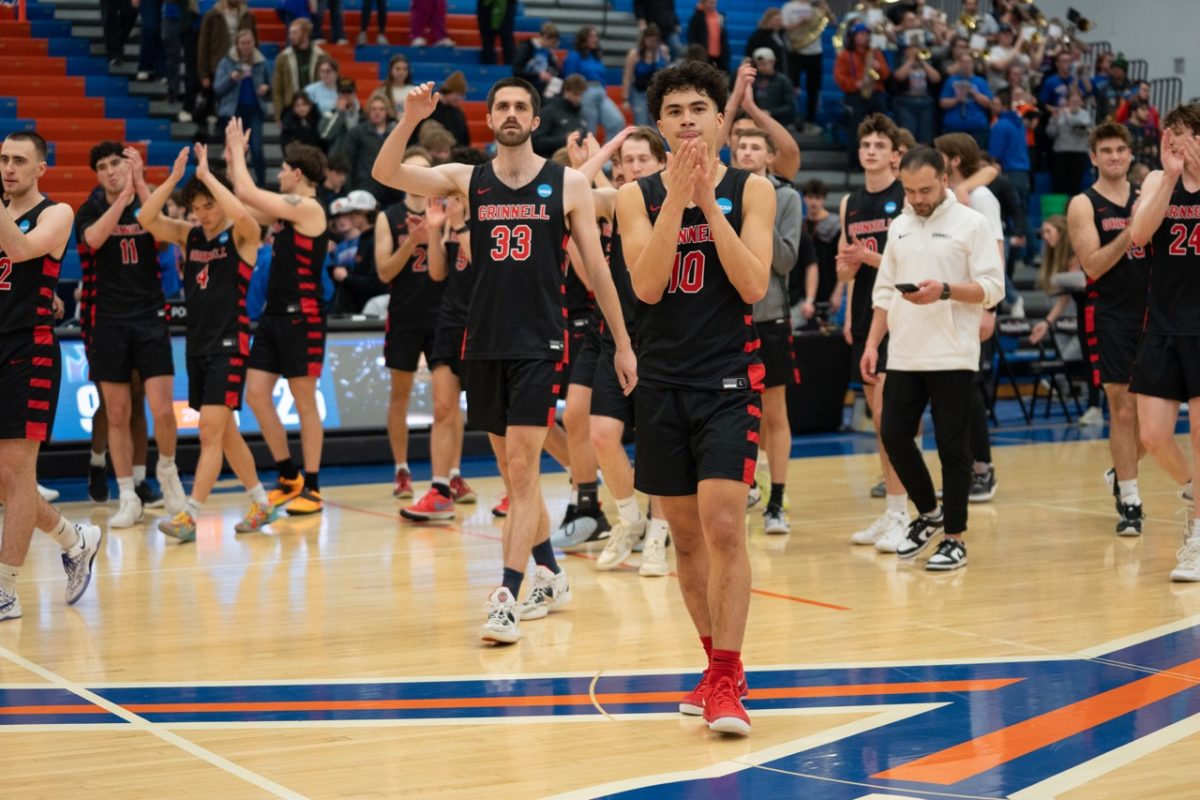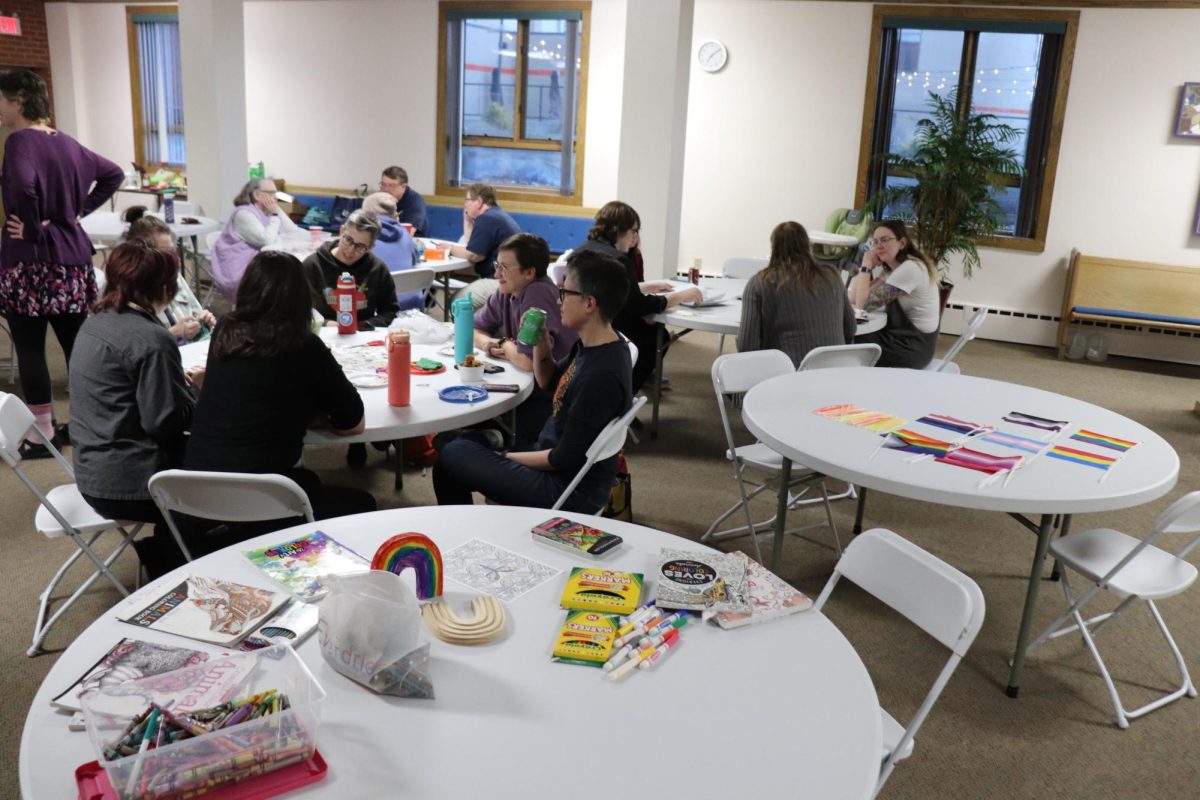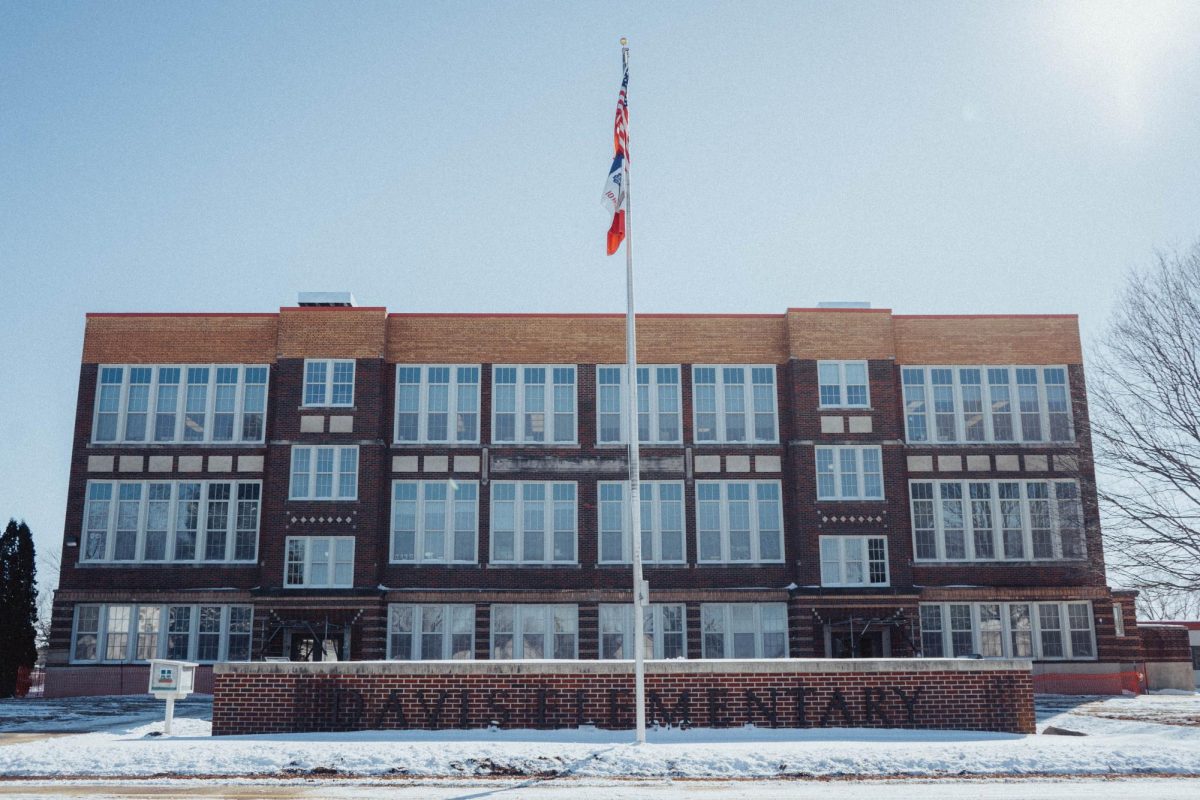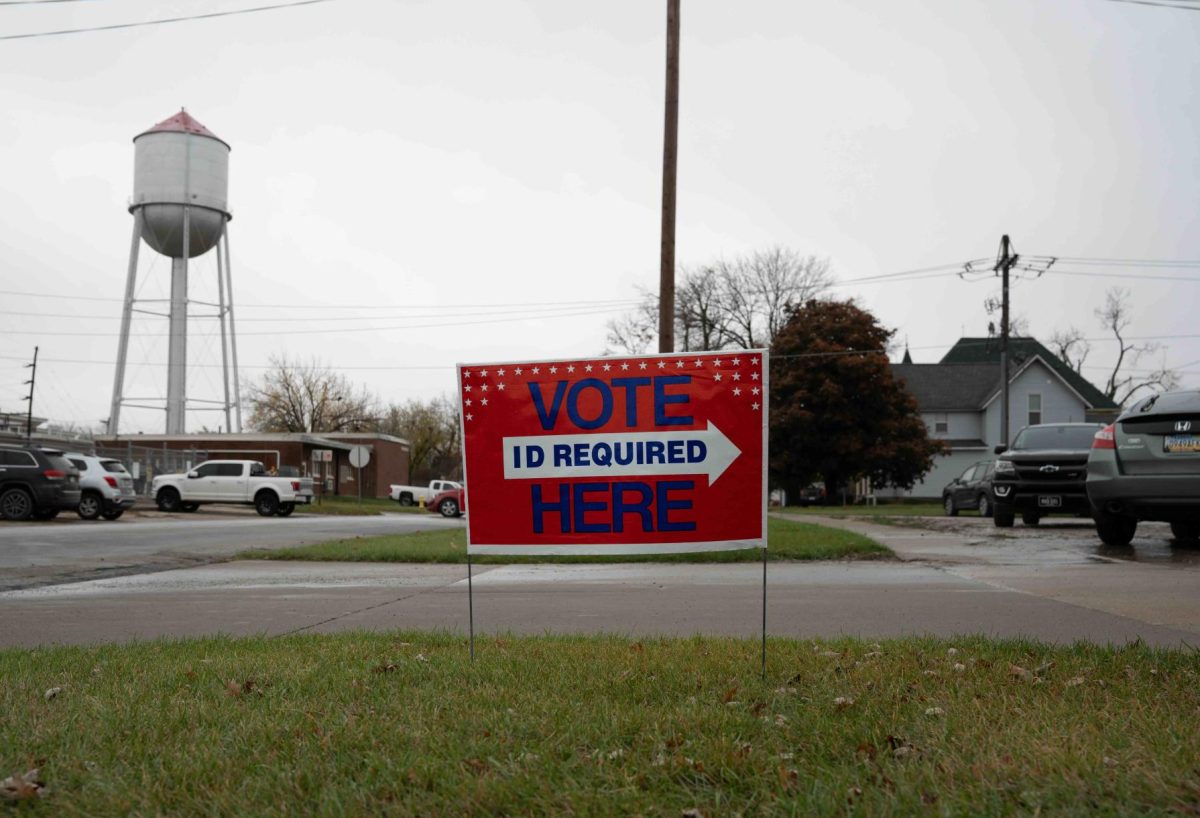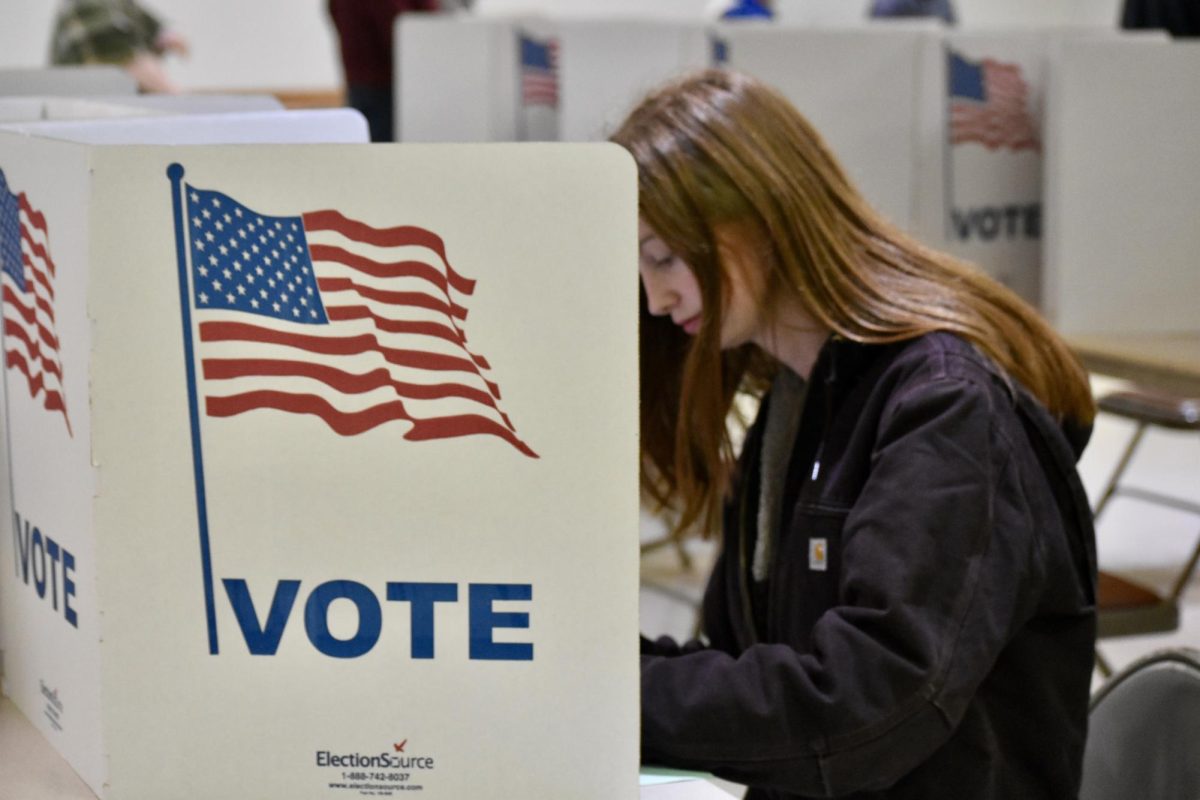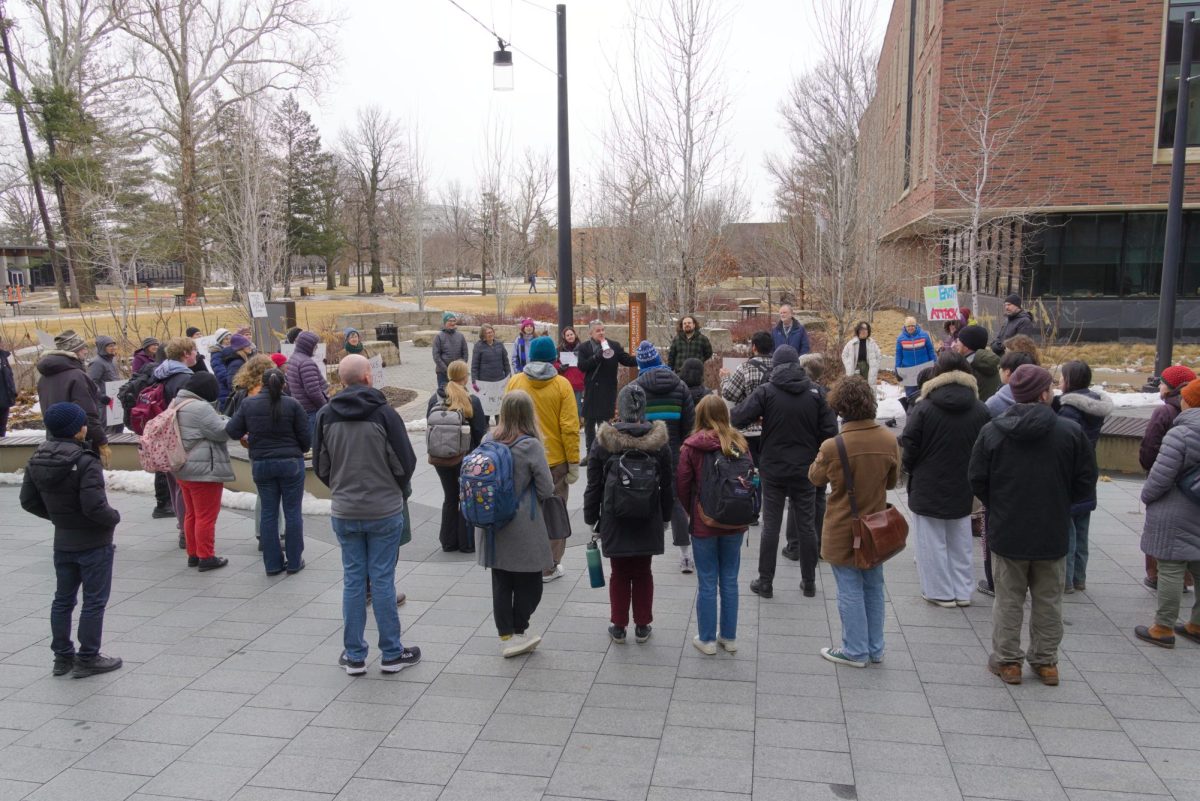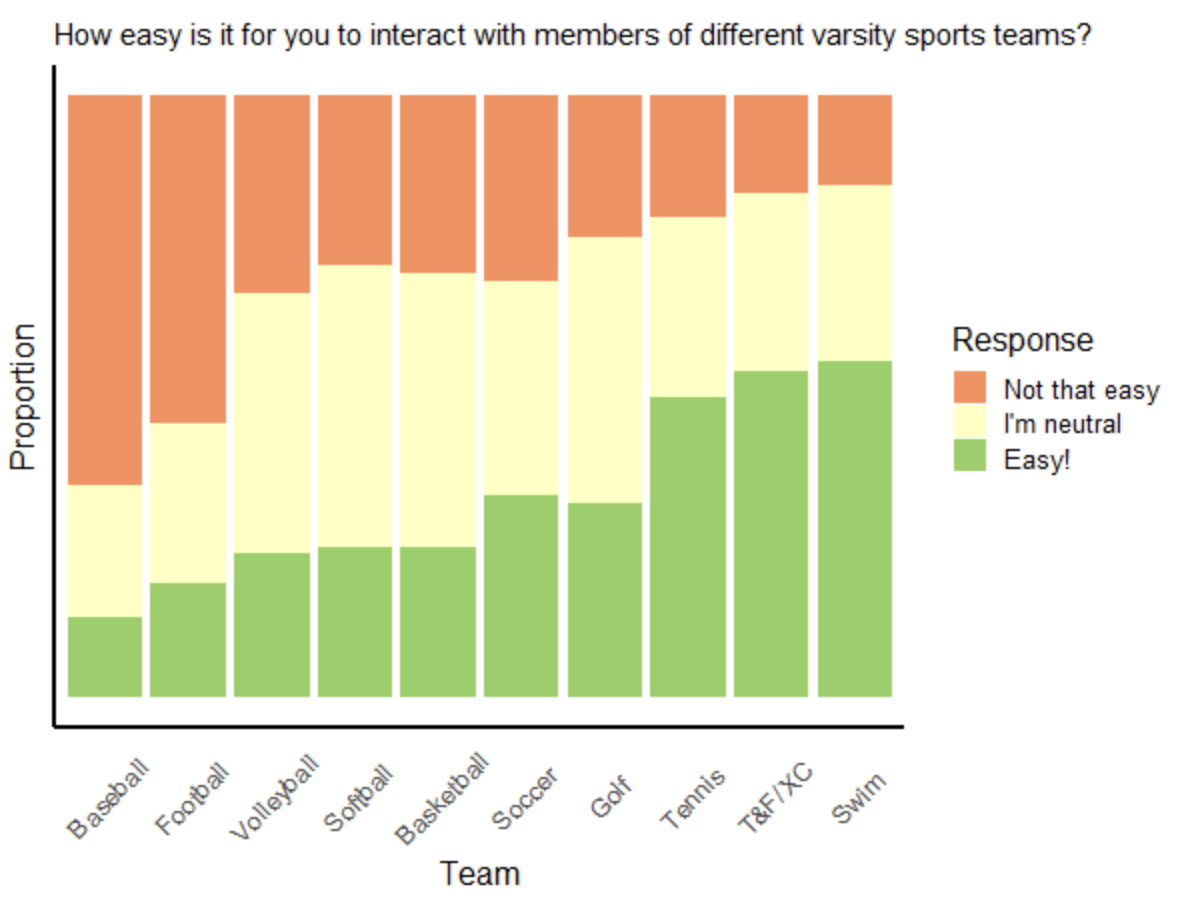Under Iowa House File 2586, trained teachers and school staff may obtain a professional permit to carry guns on school grounds. Members of the Iowa House of Representatives passed the bill on Feb. 28 in a 61-34 vote, and the Senate has not yet picked up the bill for the current legislative session.
“I don’t think we need guns in our schools to make them safe. I think we need to make our schools safe. Guns aren’t the way to do it,” said Kent Mick, a Grinnell-Newburg High School (GHS) history teacher. “I think it’s all part of a bigger process of trying to discredit our schools and not really deal with the problems that are causing violence in our schools.”
The bill passed two months after a teenager carrying two firearms killed 11-year-old Ahmir Jolliff and wounded seven others in Perry, Iowa. After the Perry shooting, Mick said the high school staff reevaluated their safety and emergency procedures. In general, Mick said, “the country has done a terrible job of making schools difficult targets.”
The bill also encourages school districts with over 8,000 students to employ a private school security officer or school resource officer in facilities for grades 9-12. School district boards of directors may vote to opt out of this provision.
“I am completely and utterly against firearms in the school. I am not against schools that have trained school resource officers,” said Mick.
Jennie Flinspach, a GHS English teacher, agreed that she would prefer police officers or a resource officer to arming school personnel. “It makes more sense to me to have someone whose sole job is to keep people safe. Teachers have so much going on,” she said. “I do believe there are some students who would be happier with [the presence of a firearm] and there are some who would be significantly harmed by just its presence.”
For school districts with policies permitting staff to carry firearms, the bill would provide qualified immunity for the “application of reasonable force at the place of employment.” Qualified immunity protects government officials, including police officers, when they are sued.
The bill would require those obtaining a permit to undergo “one-time in-person legal training,” annual “live scenario” training and quarterly firearm training provided by the Department of Public Safety. Those who meet state and district training requirements may obtain a firearm to have on school grounds but would not be required to report publicly that they have one.
One Grinnell-Newburg teacher said that if the district supported the legislation, they would be willing to receive training. This teacher requested anonymity citing privacy concerns regarding their stance on the bill. “Through the years I have had students say if something were to happen, we know that you would have the wherewithal and the sense of mind to do something, which is a huge compliment from kids, knowing they trust me to that degree,” the teacher said. “Would that be the same for all students? No, which is why nobody should know who it is [that has a firearm on school grounds]. It’s a safety issue.”
Flinspach said she hopes that if any of her colleagues wanted to obtain a permit, they would understand “that while they may be making a decision for themselves, they are affecting all of us.”
Mick referred to school shooting and lockdown drills as sad for him and his students. “If you had told me at the start of my teacher education program that my job was going to use my body as a shield and to be ready to fight with a hammer in my doorway just to keep my kids safe … As much as I still love education, I’m not sure I would have been a teacher.”
Flinspach said during an actual lockdown a few years ago, “I remember having to think it through and going, ‘Oh my god, I’m ready to put myself in front of these kids if I need.’”
The anonymous teacher said that if a scenario like in Perry occurred in Grinnell, “I could easily go grab what I need, run to the place where necessary, and unfortunately, do what needs to be done.”
At the same time, they said they worried about the level of training required to obtain a permit. “However, I don’t know if I trust everybody else with a gun,” they said. “Not everyone has that background, but I understand them, how they work, how to be very safe.”
While Flinspach said she was unsure whether any teachers would want to obtain a permit, “I think my colleagues are kind, rational-thinking humans whose most important priority is the safety of the students and the good working of the school. And I think they would recognize that you don’t just get to make this decision on your own.”
The bill would also establish the School Security Personnel Grant Program within the Department of Education, which would match up to $50,000 in funds for hiring security or police officers in schools. This is estimated to cost the state $15.1 million.
Two Iowa districts — Cherokee and Spirit Lake — have previously authorized school staff to carry firearms. However, they rescinded their policies last June, primarily citing issues of insurance coverage. Currently, Iowa has no rule or law requiring insurance carriers to cover school districts with policies on armed staff.
With significant budget cuts already on the table in the Grinnell-Newburg school system, Flinspach’s first reaction to the bill concerned its financial feasibility. “I just don’t know how or if we could even pay for it,” she said.
The S&B reached out to two members of the Grinnell-Newburg school board, none of whom responded for comment.



